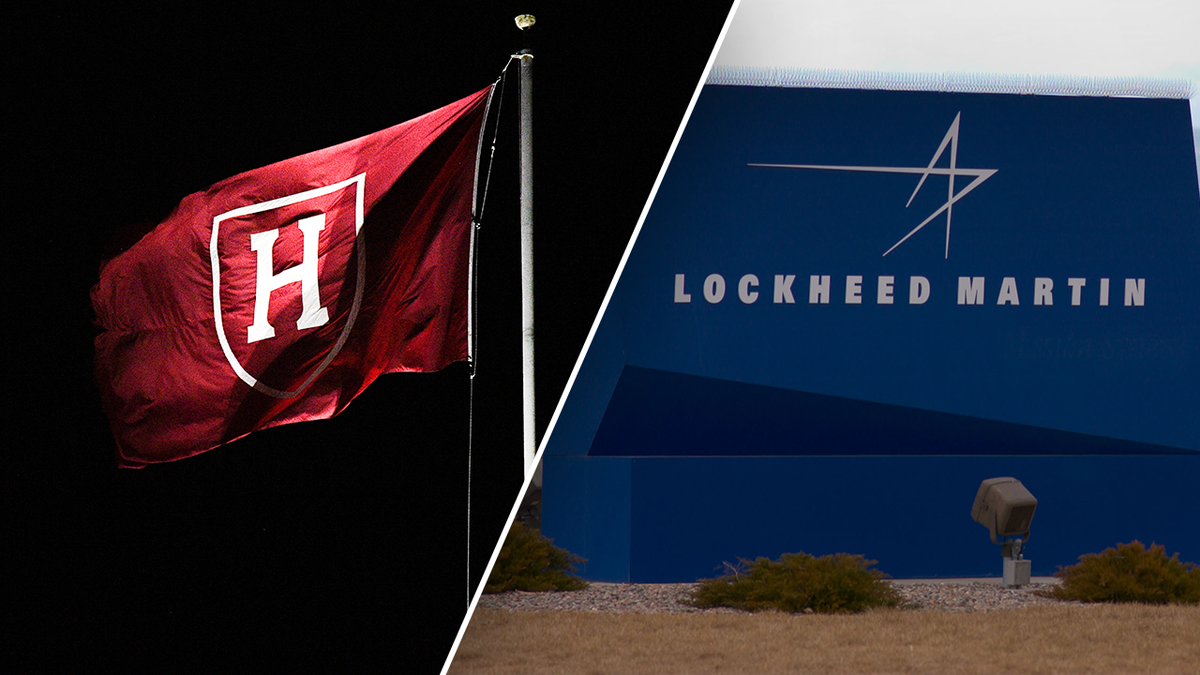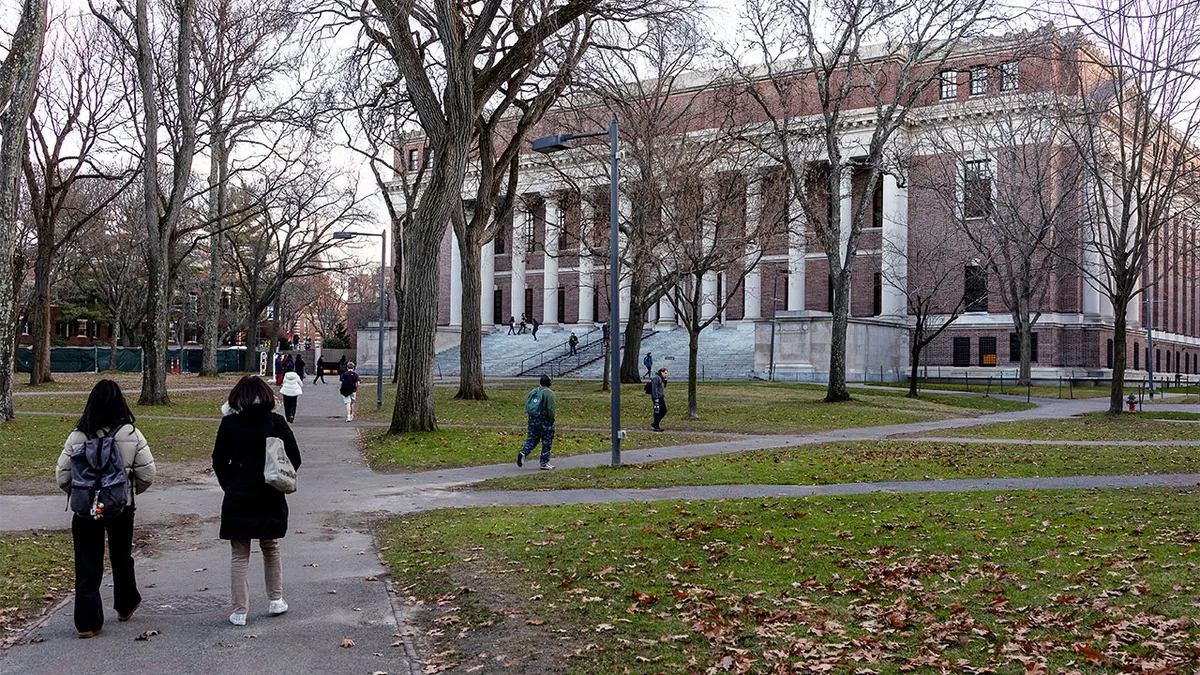Historian who uncovered Claudine Gay's alleged plagiarism speaks out: 'We found a pattern'
American Institute for Economic Research's Phillip Magness speaks out after collaborating with Christopher Rufo to uncover ex-Harvard president's '50 instances of plagiarism' on 'America Reports.'
A Harvard Medical School professor plagiarized extensive segments of a report on potentially carcinogenic chemicals, according to a federal judge.
The Harvard Crimson reported that assistant professor Dipak Panigrahy previously submitted an expert report exceeding 500 pages on behalf of plaintiffs in a class action lawsuit against Lockheed Martin.
The report claimed that a Lockheed Martin facility in Orlando, Florida, had caused a variety of injuries, including cancer, after releasing toxic chemicals into the nearby area.
U.S. District Court Judge Roy B. Dalton Jr. granted a motion by the weapons manufacturer on March 18 to remove Panigrahy’s report from evidence and claimed his research lifted heavily from works by the International Agency for Research on Cancer (IARC).

A federal judge said Harvard Medical School assistant professor Dipak Panigrahy engaged in "rampant plagiarism" in a report used for a Lockheed Martin trial. (Erica Denhoff/Icon Sportswire/Kevin Moloney/Getty Images)
"Dr. Panigrahy’s report is — put plainly — a mess," Dalton wrote. "Indeed, the plagiarism is so ubiquitous throughout the report that it is frankly overwhelming to try to make heads or tails of just what is Dr. Panigrahy’s own work."
Panigrahy told Fox News Digital that the court made "clear factual errors" and he expects the ruling to be reversed on appeal. He claimed he cited all the underlying report and articles he was accused of plagiarizing and the initial report included 1107 references. His supplemental report also included 338 references.
"As I made clear in my reports and my deposition, I relied on IARC reviews for their comprehensive discussion of the available literature and study results, and then conducted my own analysis based on the body of available evidence. The Court ignored this, or did not understand this, and heedlessly accepted the defendants’ mischaracterization of my work. We expect the Judge’s order to be overturned," he added.
CRITICS CHEER RESIGNATION OF 'ANTISEMITIC PLAGIARIST' HARVARD PRESIDENT CLAUDINE GAY: 'BYE FELICIA'

In 2014, Harvard's Chief Diversity and Inclusion Officer Sherri Ann Charleston allegedly plagiarized a paper her husband wrote two years prior. (Andrew Lichtenstein/Corbis via Getty Images)
But the judge said Panigrahy’s deposition made the plagiarism "appear deliberate" and claimed he repeatedly "outright refused" to acknowledge that huge portions of the report quote other works verbatim without quotation marks. Dalton also said he stubbornly insisted he had cited more than 1,100 references.
"The volume of references actually makes the problems with Dr. Panigrahy’s methodology more glaring, as he admitted that he did not even read the 1,100 papers in their entirety," he added.
Dalton also claimed Panigraphy misrepresented IARC research and "conveniently left out" sentences that noted the limitations of their finding, thereby "misleadingly presenting" evidence as definitive.
CLICK HERE TO GET THE FOX NEWS APP
"In sum, the rampant plagiarism in Dr. Panigrahy’s report leads the Court to conclude that his general causation methodology as a whole is too unreliable to put before a jury," Dalton continued.
Several Harvard affiliates and faculty have also faced accusations of plagiarism over the last several months, including Harvard Business School professor Francesca Gino and former Harvard President Claudine Gay.











































